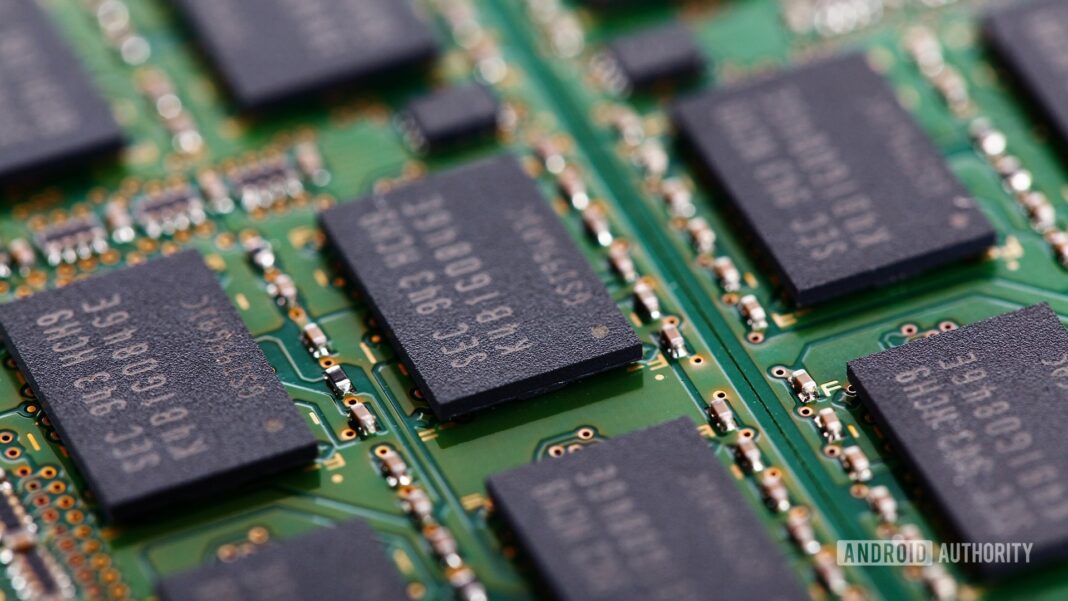TL;DR
- Chip tech company Arm has filed a lawsuit against Qualcomm and Nuvia.
- Arm asserts that the two companies violated license agreements and committed trademark infringement.
- In its suit, Arm is seeking the destruction of certain Nuvia designs, an injunction against trademark infringement, and compensation.
Update: October 28, 2022 (4:16 PM ET): According to SemiAnalysis, Qualcomm has updated its counterclaim to state that Arm plans to no longer license its CPUs to semiconductor companies, like Qualcomm, under technology license agreements (TLAs) starting in 2024. Instead, Qualcomm says that Arm is planning to only license to device makers so the only way for OEMs to get ARM chips is to accept Arm’s new licensing terms.
Additionally, Qualcomm is claiming that Arm is telling OEMs that semiconductor manufacturers won’t be able to provide other elements, like GPUs, NPUs, and ISPs, of Arm-based SOCs that Arm also offers as a licensed product. The counterclaim appears to hint that ARM is engaging in anti-competitive behavior.
Update: September 1, 2022 (2:26 AM ET): Qualcomm has now responded to Arm’s lawsuit, expressing confidence that the law is on its side and that it has “broad” license rights that protect its custom CPU efforts.
Qualcomm general counsel Ann Chaplin noted in a quote:
Arm has no right, contractual or otherwise, to attempt to interfere with Qualcomm’s or Nuvia’s innovations. Arm’s complaint ignores the fact that Qualcomm has broad, well-established license rights covering its custom-designed CPUs, and we are confident those rights will be affirmed.
Either way, this lawsuit could have repercussions for Qualcomm’s plan to transition to custom CPU tech for laptops and eventually smartphones.
Original article: August 31, 2022 (5:45 PM ET): SoftBank’s British semiconductor and software design company, Arm, has thrown down the legal hammer accusing Qualcomm and Nuvia of breaching license agreements and committing trademark infringement.
In a blog posted on the company’s website, Arm states that it has filed a lawsuit to the US District Court for the District of Delaware. The lawsuit is against Qualcomm and two of its subsidiaries, as well as Nuvia — a semiconductor and processor developer. Arm’s lawsuit actually stems from Qualcomm’s recent acquisition of Nuvia which happened back in 2021.
The firm claims that chip designs Nuvia created used Arm licenses that Qualcomm tried to transfer over during its acquisition of Nuvia. However, this was done without Arm’s consent and Nuvia’s licenses were terminated in March 2022 after failing to reach a resolution.
A source close to the matter told Android Authority that it seems Qualcomm and Nuvia both have Arm9 architectural licenses and Nuvia’s designs were partially verified by Arm. However, Qualcomm would be contractually obligated to destroy those designs and start over if it didn’t get Arm’s consent to continue with said designs. Despite consent never being given, when the next phase of verification occurred, it was found that the chip designs remained the same.
In materials presented to Android Authority, Arm states it granted Nuvia an architecture license agreement (ALA) and Technology License Agreement (TLA) back in 2019. Those agreements allowed Nuvia to design custom processor cores based on Arm architecture and to modify certain off-the-shelf designs. In a statement provided to Android Authority, Arm’s Vice President of External Communications, Phil Hughes, said:
Arm’s licenses with Nuvia (prior to its acquisition by Qualcomm) safeguarded Arm’s rights and expectations by prohibiting acquisition without our consent, regardless of whether a contemplated acquirer had its own Arm licenses.
Despite the agreements prohibiting an acquisition, Qualcomm announced it was acquiring Nuvia and neither company provided prior notice of the transaction or obtained Arm’s consent to Qualcomm’s acquisition of Nuvia licenses. Qualcomm reportedly then proceeded to incorporate Arm’s technology in a range of its products.
Arm states that it wants Qualcomm to destroy certain Nuvia designs; for the Court to create an injunction against trademark infringement; and compensation for the trademark infringement. As of this moment, all licenses are still in place.
It’s believed that this legal drama won’t have an impact on the next Snapdragon chip.


